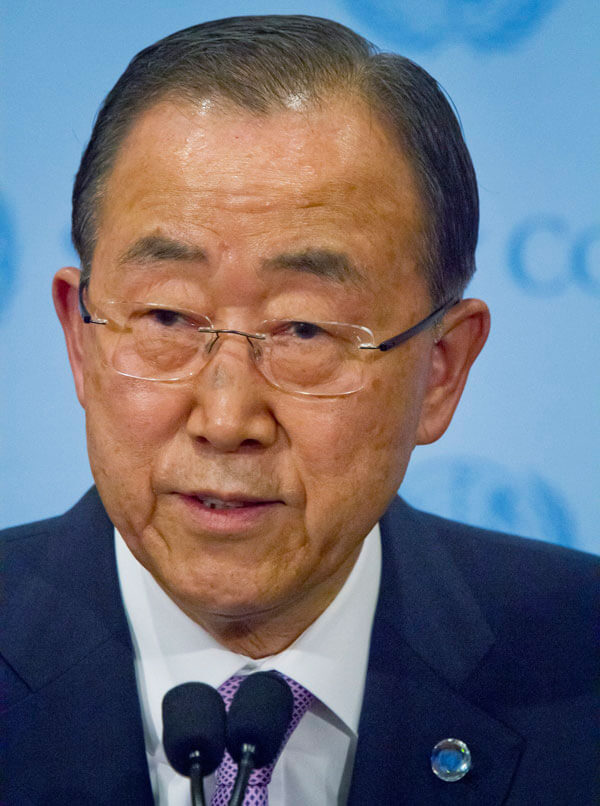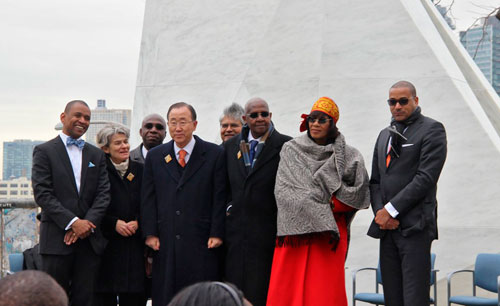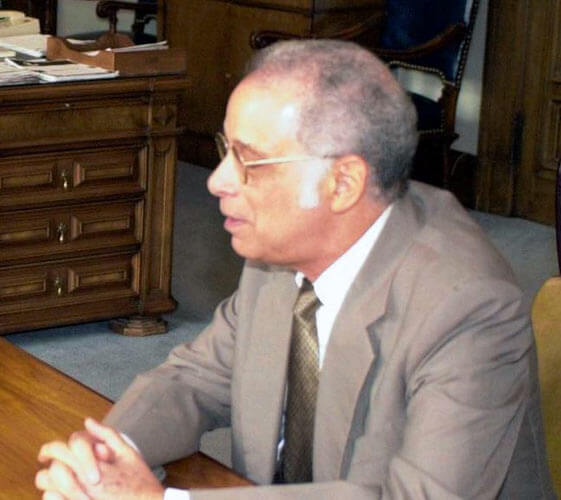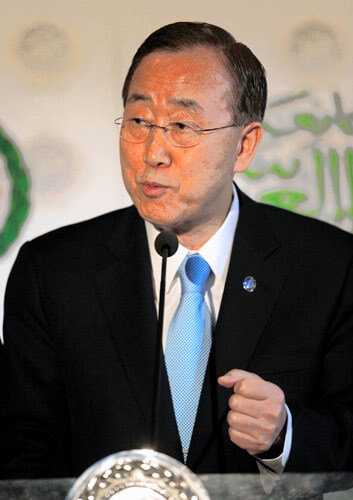Deeply concerned that the prevailing uncertainty in Haiti is further compounding the numerous political and socio-economic challenges facing the French-speaking Caribbean country, United Nations Secretary-General Ban Ki-moon says that further delays in completing the electoral process can potentially affect stability in the country, as well as international support to it.
According to a statement issued by his spokesperson on Thursday, Ban called on the Haitian National Assembly to urgently decide on a viable arrangement for provisional governance that can ensure the completion of the electoral process and a return to full constitutional order without further delays.
The statement further said that the UN chief urged all stakeholders to act responsibly in the interest of Haiti and its people, and to refrain from any incitement or resort to violence.
On Wednesday, the UN and its partners in Haiti expressed concern that measures to ensure institutional continuity had not been taken, despite missing several key deadlines regarding the political transition, as well as the ending of term of the country’s provisional president.
In a joint press statement, the Special Representative of the Secretary-General in Haiti, Sandra Honoré, and the other members of the international community in Haiti represented in the “Core Group” – the ambassadors of Brazil, Canada, France, Spain, the United States and the European Union, and the Special Representative of the Organization of American States – took note of the opening of the second ordinary session of the Haitian Parliament in accordance with the Constitution.
“The Core Group expresses concern that no measures have been taken to ensure institutional continuity beyond June 13 as provided for in the Feb. 5 Agreement,” the statement said.
On Feb. 14, the Haitian National Assembly elected Jocelerme Privert as the nation’s interim president, one week after former President Michel Martelly departed without a successor.
Privert served as interim president for 120 days, and an election had been scheduled for April 24, following an agreement — known as the Feb. 5 Agreement — between Haitian stakeholders to preserve institutional continuity and further the electoral process.
Subsequently, on April 25, Ban’s spokesperson issued a statement underlining the UN chief’s deep concern that that the agreed upon date for holding elections in Haiti was not met and that no alternate electoral calendar was announced.
As Privert’s 120-day interim period has come to an end, the Core Group called on the National Assembly to “take action and reach a solution which avoids an institutional vacuum,” and facilitate the “return to constitutional order through the holding of elections without further delay.”
The group urged all actors, political parties, candidates and their supporters, and others to maintain calm and to refrain from violence.
Meantime, the Secretary General of the Organization of American States (OAS), Luis Almagro, on Thursday also expressed “great concern” that the Haitian National Assembly has “failed to pronounce itself within the delays set forth by the Feb. 5 Agreement on the extension or not of the mandate of the interim president or, as the case may be, on other measures to insure institutional continuity.”
Almagro, therefore, urged Haitian parliamentarians, “in their capacity of elected representatives of the people, to fully assume their responsibilities by meeting in National Assembly to decide on how to best guarantee institutional stability and the continuation of the elections process.
“As evidenced by the just concluded OAS General Assembly, the continuation of elections in Haiti in a stable and calm atmosphere is a priority for our hemispheric organization,” Almagro said.
“It is long past time for Haitian political stakeholders to prioritize the interests of the nation in order for the aspirations of the people to finally be heard and for the country to be in a position to tackle the great socio-economic challenges it faces,” he added.




















